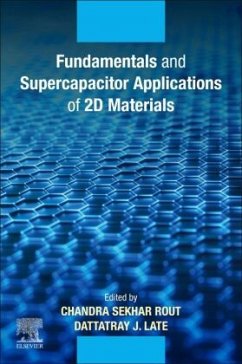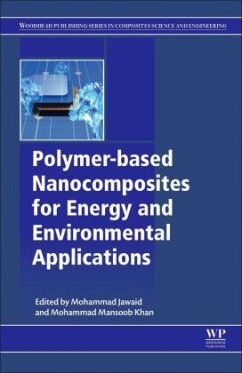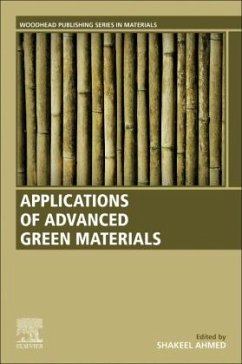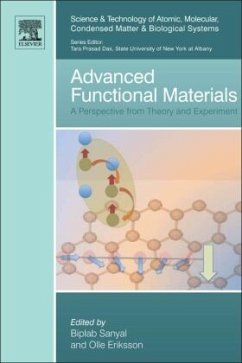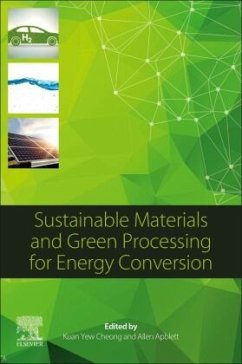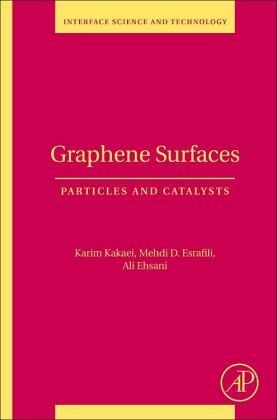
Graphene Surfaces
Particles and Catalysts

PAYBACK Punkte
76 °P sammeln!
Graphene Surfaces: Particles and Catalysts focuses on the surface chemistry and modification of graphene and its derivatives from a theoretical and electrochemical point-of-view. It provides a comprehensive overview of their electronic structure, synthesis, properties and general applications in catalysis science, including their relevance in alcohols and their derivatives oxidation, oxygen reduction, hydrogen evolution, energy storage, corrosion protection and supercapacitors. The book also covers emerging research on graphene chemistry and its impact. Chemical engineers, materials scientists...
Graphene Surfaces: Particles and Catalysts focuses on the surface chemistry and modification of graphene and its derivatives from a theoretical and electrochemical point-of-view. It provides a comprehensive overview of their electronic structure, synthesis, properties and general applications in catalysis science, including their relevance in alcohols and their derivatives oxidation, oxygen reduction, hydrogen evolution, energy storage, corrosion protection and supercapacitors. The book also covers emerging research on graphene chemistry and its impact. Chemical engineers, materials scientists, electrochemists and engineers will find information that will answer their most pressing questions on the surface aspects of graphene and its effect on catalysis.




